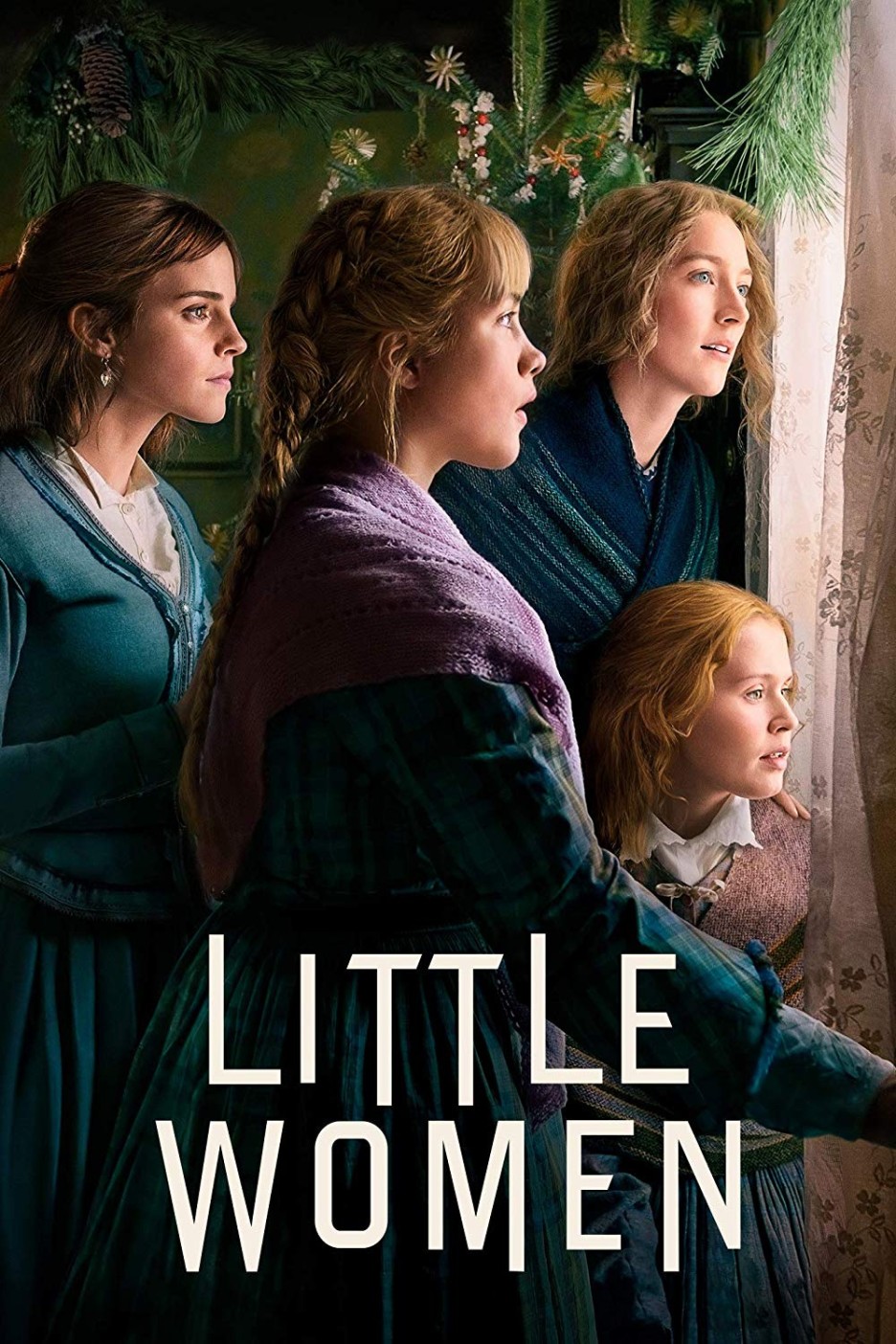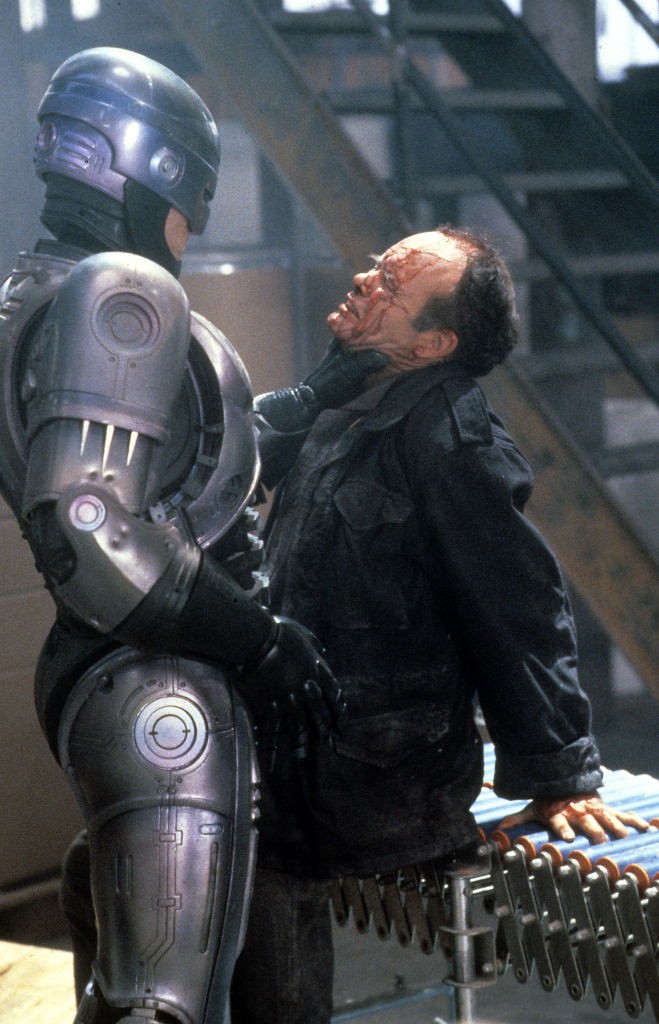What Are The Makings of a Great Remake? 'The Matrix Resurrections' Starring Keanu Reeves Got Us Wondering
We live in a world of remakes.
Recently, the fourth installment of the Matrix franchise, The Matrix Resurrections was released in theaters. With the natural hype that surrounds the return of a 20-year gone film that has been a reference bearing mecha for years. (How long has it been since you last heard someone jokingly quip, "It's a glitch in the Matrix?")
While producers can count on the profit of a reliable fanbase and commodified nostalgia, the film itself was met with some less-than-rave reviews. It has received a 63% audience score on Rotten Tomatoes which, while still keeping the film far from any worst-movie lists, pales in comparison to the original film's 85% audience score.

While The Matrix Resurrections is the fourth installment of the franchise and not a remake, it incontrovertibly falls under the same umbrella.
One of the top critics on Rotten Tomatoes, Joe Morgenstern of the Wall Street Journal, mercilessly tore the film apart, saying,
"The Matrix Resurrections is a recycling dump of murky effects, indifferent action and a crazily cluttered, relentlessly repetitive narrative. It's Groundhog Day in cyberpunk."
While the harsh language of a critic always needs to be taken with a substantial grain of salt, the crux of the criticism is the exact same sentiment there is behind the re-make problem as a whole.

Remakes are not inherently bad. There are many movies that are successfully remade time and time again. Greta Gergwig's Little Women adaptation from back in 2019 was a smash hit, receiving a 95% on Rotten Tomatoes.
While the 1994 film, which was already a remake from the 1949, which was a remake of the 1933 (you get the idea), focused more on relationships, specifically Jo's, while Gerwig's 2019 adaptation focused on the role of women in society. With these two unique vantage points, each film serves a fresh and unique purpose in the world's cinematic catalog.
Meanwhile, the remake of Heathers, the cult-classic 1989 film which was met with a 93% Rotten Tomatoes score, performed dismally, with only a 27% score on the site.
The mistake comes in assuming that remakes are easy: they capitalize on a pre-existing fan base who will come to spend money on the product regardless of its quality. What they neglect to consider is how a bad remake can tarnish a well beloved cinematic masterpiece, alienating true fans from the work.
If a remake is being made, there needs to be a reason for it beyond "It's-been-a-while." A successful and necessary remake can only be created when the new adaptation is able to stand apart from the original with a unique and necessary message that answers, on its own, the critical artist's question, "Why now?"
Here are a few things that a remake does not maketh:
As the technological side of film has increased by leaps and bounds over the years, many seem to believe that higher quality cameras and special effects are enough of a reason to attempt a recreation of a classic film. Oftentimes, when trying to imbue a classic with modern advancements, the product loses some of its heart. Such was the case with Robo-cop.
While the quirky 1987 film was filled with humor and humanity, the 2014 remake was criticized for the lack of, "the humor, the over-the-top violence, and the tongue-in-cheek satire of the 1987 film." As the film had nothing new to say, it relied on the advanced (at that point) technology of 2014 to reignite the fire surrounding the original film. Instead, they stripped it of what made it loveable in the first place.

In this rewatch culture, many older films and television series have returned to the forefront of our societal zeitgeist. Production companies try to take this re-kindled flame and turn it into a profitable remake. In doing so, however, they miss the mark. It is not the concept that is getting a second life; it is the original entity.
Such was the problem with the Heathers television series re-make. In light of the musical Heathers, which premiered Off-Broadway in 2014, the original film was the talk of the proverbial town once again. Mistakenly, the television show tried to ride on the coattails of this renewed popularity, but it fell short, because the plot of the movie is not what people loved about it.
It is not that people became infatuated with the storyline, wanting to see it within a modern context; they were obsessed with the 80s original, in all its dark, twisted, hilarious glory. Simply modernizing it without commenting on anything new is, if anything, more depressing, as it tells the audience that nothing has changed - which is also never true.

Furthermore, also exemplified by the attempt to remake Heathers, there are angles on certain subjects that tackled at the time they were tackled for a reason. The teen murders laced with a very 1980s sense of humor were created within the confines of a cultural context specific to the time period: There were no phones or social media.
Furthermore, DNA technology was not where it is in the modern day; Veronica and JD would not have gotten away with even one murder had forensic technology been where it is in the 21st century.
Heathers' ability to stand the test of time was due largely in part to its timeless life lessons: Getting rid of the people who wrong you will not solve your problems, but accepting people for who they are will at least make life a bit better. This lesson was taught in a ncontextually specific way in the original film, but by changing the context to the modern day in the television series, the message was lost. Therefore, in a desperate attempt to to maintain the film's heart, the throughline lessons had to be forced in.
The Rotten Tomatoes review condemned the series, saying that its "aspirational angst is let down by its blunt, misguided attempts at social commentary."
The biggest mistake a remake can make is relying on loyal fans rather than on fresh content. Little Women has been adapted for film multiple times, each time with a fresh perspective.
A remake is not, as the industry perceives, an easy job for a filmmaker. In fact, it is far more complicated.
In order for a remake to become a marked success, it must also be a reimagination. It must say something fresh and different in a way that, while new, still pays proper tribute to the old. I'm not telling you not to make a remake. I'm just telling you to be careful when you do.






